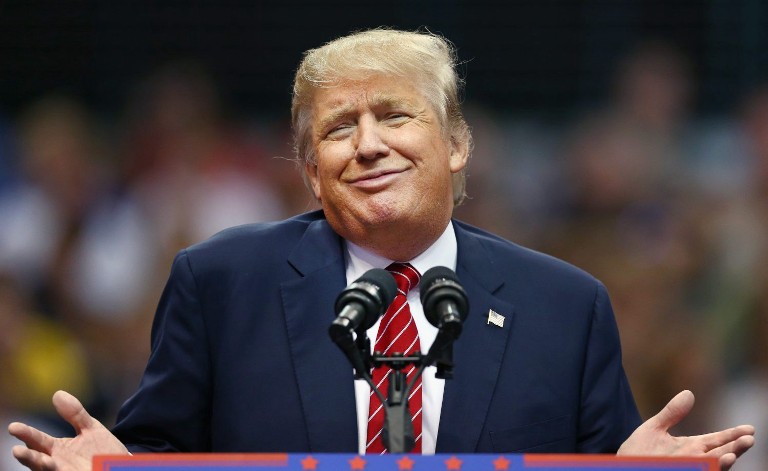South Sudan rejects U.S. targeted sanctions, calls for bilateral dialogue

December 17, 2018 (JUBA) – South Sudanese government Monday rejected the U.S. targeted sanctions imposed on two of its nationals Obac William Olawo and Gregory Vasili and called for bilateral dialogue to improve relations.
On Friday 14 December, the U.S. Department of Treasury’s Office of Foreign Asset Control (OFAC) designated businessman Olawo for supplying the Government with weapons and ammunition. While Vasili, the former governor of Gogrial State, was designated for brokering deals for military equipment to the South Sudanese government. Also, he provided arms and commanded a militia engaged in conflict with a competing clan.
The list also included an Israeli businessman Israel Ziv who was accused of supplying weapons to the government and rebels alike
Foreign Ministry Spokesperson on Monday blasted the individual sanctions saying it undermines the ongoing peace implementation, pointing that his government is willing to engage dialogue to promote relations instead of threats and sanctions.
“We request the U.S. administration to engage in a more positive manner than doubling on these threats of sanctions and embargos, which serves no useful purpose,” said Ambassador Mawien Makol in a statement issued on Monday.
“The government would like to register its concern and protest in the strongest terms against these unjustified unilateral sanctions, and on other USA statement designed to undermine the implementation of the peace agreement in South Sudan,” he added.
24 hours before the announcement of the sanctions, John Bolton, U.S. National Security Advisor, Thursday, said Washington will no longer provide “American resource to a South Sudanese government led by the same morally bankrupt leaders”, stressing they would use it to perpetrate “horrific violence and make human suffering in South Sudan”.
Bolton cited the South Sudanese twice to illustrate the U.S. new Africa strategy. The first when he spoke about conflicts that put Americans lives at risks and drains America resources. Also, he gave South Sudan as a country where American resource did not help to stop violence or led to establishing a stable and transparent governance or development.
Ambassador Mawien recalled that the U.S., like the two other Troika countries, refused to append their signatures as guarantors of the revitalized peace agreement saying this rejection “creates doubts in our minds as to where the U.S actually stand vis-a-vis the peace agreement.”
The Troika countries refused to co-sign the peace pact of 12 September because they had not been involved in the three-month-talks on the outstanding issues in Khartoum.
South Sudanese officials, at the time, said the Troika countries systematically adopted the positions of SSOA factions based in Washington who eventually rejected to sign the peace deal.
(ST)
